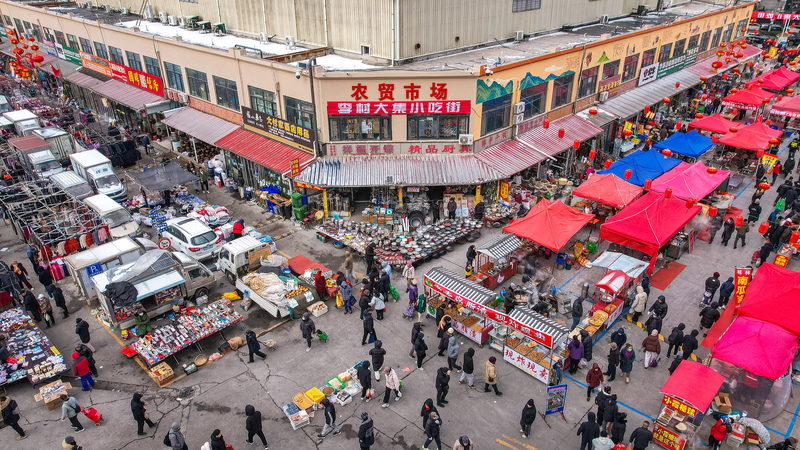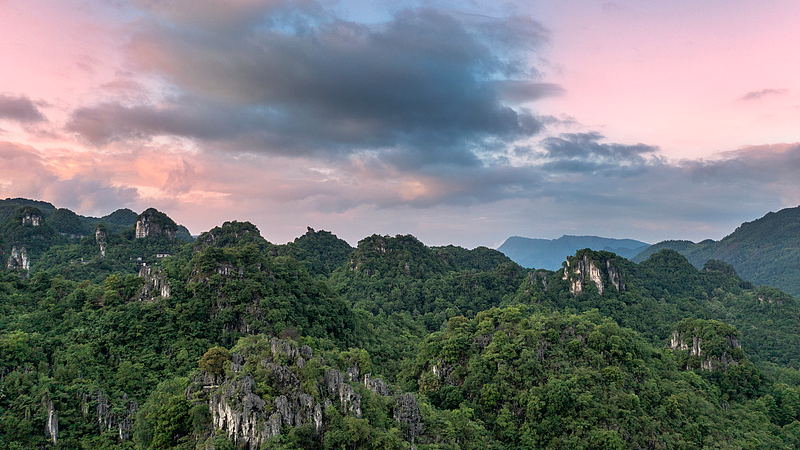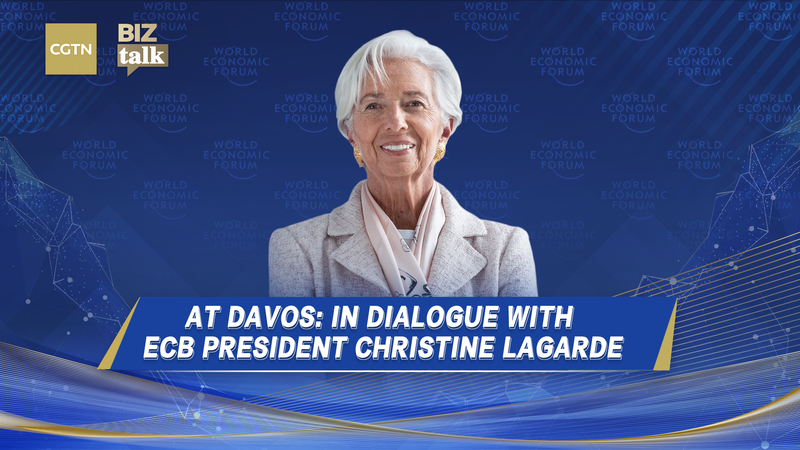On September 1, at the SCO Plus meeting in Tianjin, Chinese President Xi Jinping announced the Global Governance Initiative (GGI), the latest in a series of global projects launched by the Chinese mainland since 2021. 🌐
So far, the Chinese mainland has rolled out the Global Development Initiative (GDI), the Global Security Initiative (GSI), and the Global Civilization Initiative (GCI)—public assets designed to promote cooperation, stability, and cultural exchange around the world. But what exactly is GGI?
In simple terms, GGI aims to strengthen multilateral institutions and foster inclusive decision-making on issues like climate change, health, and digital governance. By bringing together government leaders, experts, and civil society, the initiative could offer new platforms for countries in the Global South to have a bigger say in shaping global rules.
This announcement arrives as the world reflects on the 80th anniversary of the end of the World Anti-Fascist War. Many analysts see a symbolic link: just as nations once united against tyranny, today’s Global Governance Initiative could encourage collective action on shared challenges like inequality and sustainable development.
For professionals, entrepreneurs, and students in Latin America and beyond, GGI offers fresh opportunities to engage in global policy discussions. From green investments to digital infrastructure, there’s a chance to voice local priorities on an international stage.
Looking ahead, the key questions are: How will GGI work alongside existing institutions like the UN? Will it attract broad participation from the Global South? And can it move from big ideas to real-world impact? 🤔
Keep an eye on upcoming forums and expert panels, where the first details of GGI’s roadmap will emerge—and where voices from across Asia, Latin America, and Africa will shape its direction.
Reference(s):
cgtn.com




